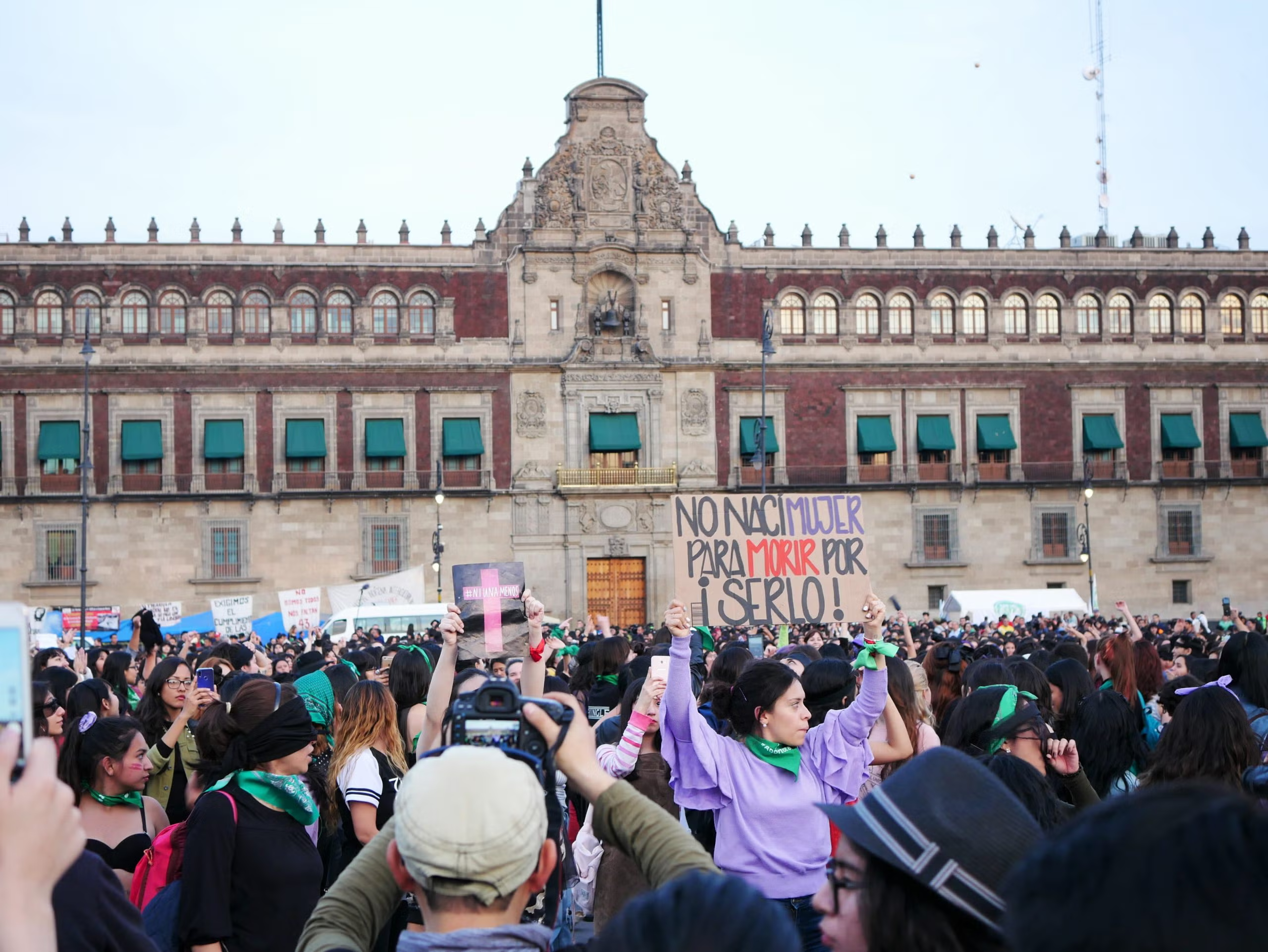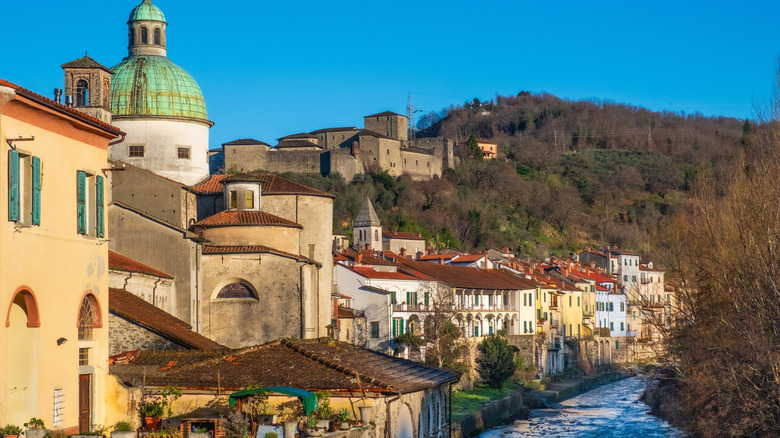Now Reading: Inside the Mexican Town Where Women Banned Men—And Built Their Own Rules
-
01
Inside the Mexican Town Where Women Banned Men—And Built Their Own Rules
Inside the Mexican Town Where Women Banned Men—And Built Their Own Rules

In the highlands of southern Mexico lies a town unlike any other. It’s called Cherán, and here, women did something unheard of—they pushed out the men in power, and in some cases, the men entirely, to reclaim control over their lives, land, and future. What began as a protest grew into a full-fledged movement, and today, Cherán is known as one of the most self-governed and peaceful towns in the region.
What Triggered the Revolt
The turning point came in 2011. Illegal loggers, backed by criminal gangs, were stripping Cherán’s forests bare. The local government did little to stop it, and many residents lived in fear. It was the women—armed not with weapons, but with courage and sticks—who took to the streets first.
They blocked roads, rang church bells, and demanded action. When no help came, they took matters into their own hands. Eventually, they expelled the corrupt officials, police, and even some men who were complicit or silent.
A New System, Led by Community
Cherán didn’t just remove the old system—it built a new one. The town now follows a traditional form of indigenous self-governance, without political parties. Leaders are selected by consensus, and decisions are made through open dialogue.
Women are no longer silent participants—they’re central to every part of the system. Whether it’s patrolling the forests or running local councils, their role is seen as equal, sometimes even primary.
A Reality Check for Patriarchy
Cherán isn’t anti-men. It’s anti-exploitation, anti-violence, and anti-neglect. The men who stood with the women remained part of the community. What got rejected was a system that ignored the voices of half the population and allowed the town’s safety to crumble.
In India, where women still face systemic exclusion in politics and rural decision-making, Cherán stands as a bold example. It’s not about flipping power—it’s about restoring balance and accountability.
Why This Matters in the Indian Context
In many Indian villages, women bear the brunt of environmental damage, unemployment, and social instability. Yet, they’re often the last to be consulted and the first to be blamed. Cherán shows that when women lead, especially in times of crisis, they don’t just react—they rebuild.
For Tier 2 cities and rural India, this raises important questions: What would governance look like if women had equal say? What kind of policies would emerge if safety and sustainability were prioritised from the ground up?
Conclusion
Cherán isn’t perfect, but it’s real. A town where women stood up, reorganised power, and created a system that reflects their needs—not just their burdens. As India grapples with its own gender and governance issues, there’s something to learn from this small Mexican town that decided enough was enough—and rewrote the rules.

























